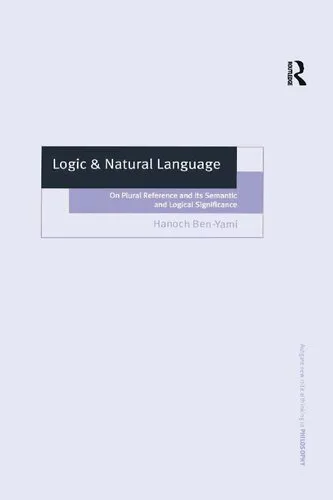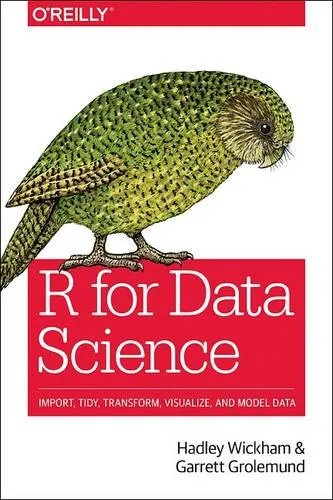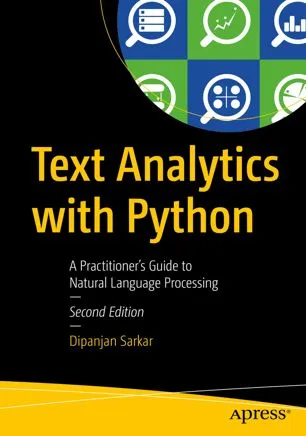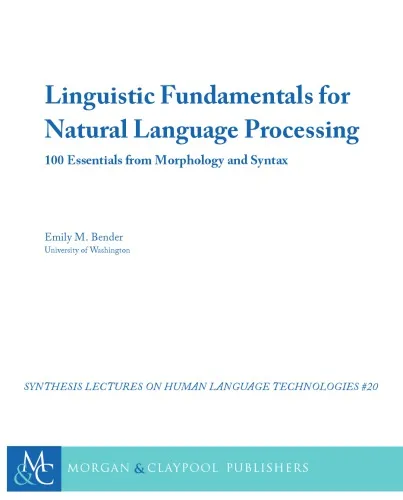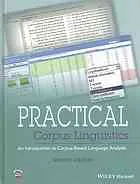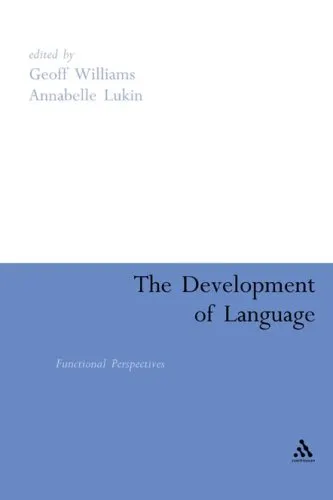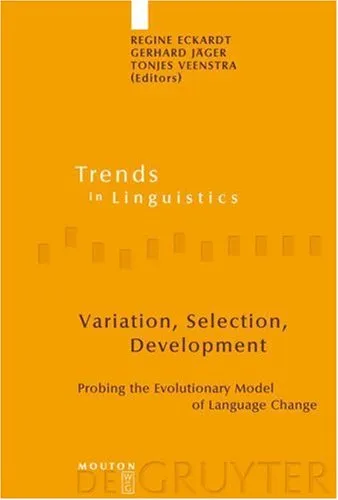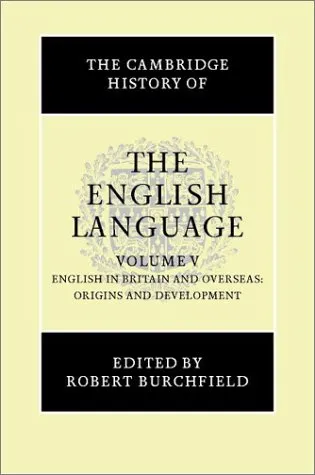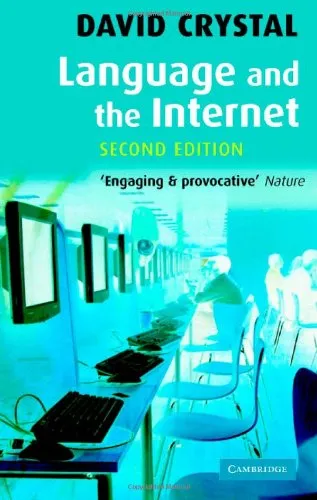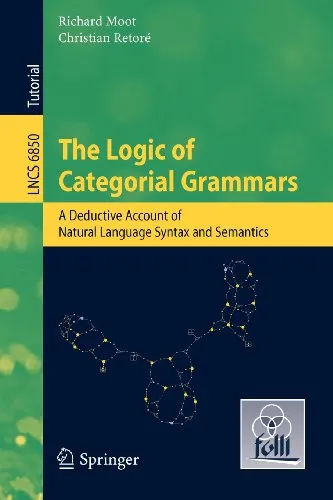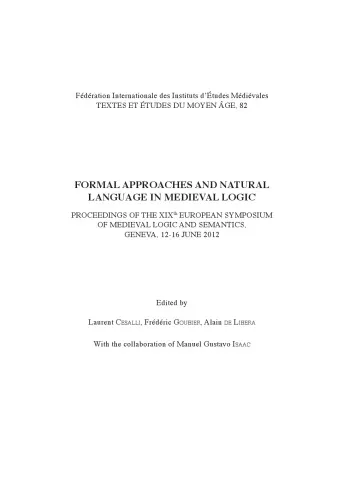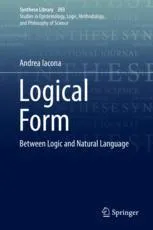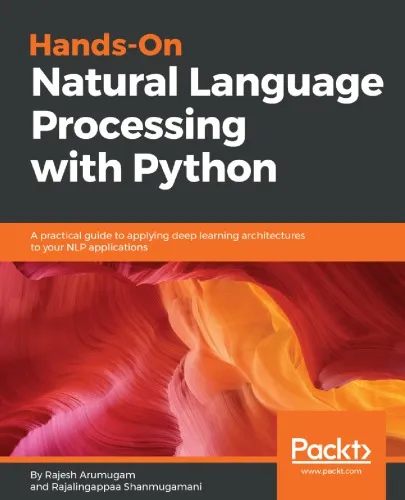Logic & Natural Language: On Plural Reference and Its Semantic and Logical Significance
4.0
Reviews from our users

You Can Ask your questions from this book's AI after Login
Each download or ask from book AI costs 2 points. To earn more free points, please visit the Points Guide Page and complete some valuable actions.Related Refrences:
Introduction to "Logic & Natural Language: On Plural Reference and Its Semantic and Logical Significance"
"Logic & Natural Language: On Plural Reference and Its Semantic and Logical Significance" is a profound exploration of the connections between logical theory, semantics, and the nature of language. Written with meticulous philosophical rigor, this book addresses fundamental questions about how plural reference impacts our understanding of both language and logic. My aim in writing this work was not only to advance the theoretical understanding of plural reference but also to provide insights that could illuminate broader debates in linguistics, philosophy, and logic.
In this book, I explore the challenges that plural terms and plural reference pose to traditional logical systems, assess how these challenges can be met, and propose frameworks to effectively incorporate plurals without sacrificing logical coherence. The book investigates the semantic implications of plural expressions as they occur in natural language and examines their effect on prevailing logical theories. This is not merely an abstract theoretical discussion; rather, it is a venture into understanding how natural languages operate and how we can align logical systems with them when they are expanded to include plural and collective references.
Let us delve deeper into the significance of these ideas and what this book has to offer to its readers.
Detailed Summary of the Book
The book begins with an introduction to the concept of plural reference, explaining how it arises in natural language and why it presents challenges for classical logical systems. Plural terms, unlike singular terms, allow speakers to talk about multiple entities collectively. However, employing such terms in logical frameworks raises questions about reference, meaning, and truth conditions.
The central thesis of the book argues that existing approaches to logic, such as predicate logic and its formalization, must be extended or revised to handle plural expressions appropriately. I examine common logical frameworks, including first-order logic, and assess their limitations when encountering plurals like "they," "these," or "several." The book develops possible solutions to formalize plural reference while minimizing the disruption to classical logical structures.
As the discussion unfolds, I explore the differentiation between distributive and collective readings of plural expressions. For example, the sentence "The students lifted the piano" can refer to each student individually trying to lift the piano (distributive interpretation) or the students collectively working together (collective interpretation). This distinction has profound implications for semantics and poses distinctive challenges for logical treatment.
The latter part of the book proposes new conceptual models that integrate plural reference into logical systems and provides detailed philosophical discussions of their consequences. These models aim to reconcile natural language’s fluidity with the precision of logical formalism, ensuring that logic remains a faithful analytical tool for real-world linguistic usage.
Key Takeaways
- Plural reference in natural language challenges classical logical systems, requiring careful philosophical and logical examination.
- The book emphasizes the need to distinguish between distributive and collective interpretations when analyzing plural expressions.
- Extending logical frameworks to account for plurals can enhance our understanding of language, meaning, and truth conditions.
- This book bridges the gap between abstract logical theory and the practical use of language, offering a rich perspective for both philosophers and linguists.
Famous Quotes from the Book
"The plural is not merely a multiplicity of the singular; it is an expression of collective and distributive cognitive realities."
"To understand language is to understand the ways in which it fragments and unifies the world, even when dealing with the many."
"Logical formalism must not resist the richness of natural language; it must adapt and grow to encapsulate its plurality."
Why This Book Matters
"Logic & Natural Language: On Plural Reference and Its Semantic and Logical Significance" fills an essential gap in the intersection of philosophy, linguistics, and logic. Despite the ubiquity of plural expressions in everyday language, traditional logical systems do not adequately address their semantic complexity or the philosophical questions they evoke. This book provides the theoretical tools to bridge this divide, making it an invaluable resource for anyone interested in understanding or advancing logic and meaning.
The implications of this study extend beyond academic theory; they touch on how we conceptualize and communicate about the world. By formalizing and analyzing plural reference, the book equips us with better tools to approach problems in logic, artificial intelligence, computational linguistics, and philosophy of language.
Whether you are a student of philosophy, a linguist, or a seasoned logician, this book offers a unique perspective on the fundamental nature of language and thought. Its challenges and proposals aim to inspire further inquiry and collaborative advancement in the field. By integrating perspectives on natural language into logical discourse, this book demonstrates why logic must continuously evolve to remain vital and relevant.
Free Direct Download
You Can Download this book after Login
Accessing books through legal platforms and public libraries not only supports the rights of authors and publishers but also contributes to the sustainability of reading culture. Before downloading, please take a moment to consider these options.
Find this book on other platforms:
WorldCat helps you find books in libraries worldwide.
See ratings, reviews, and discussions on Goodreads.
Find and buy rare or used books on AbeBooks.
1470
بازدید4.0
امتیاز0
نظر98%
رضایتReviews:
4.0
Based on 0 users review
Questions & Answers
Ask questions about this book or help others by answering
No questions yet. Be the first to ask!
